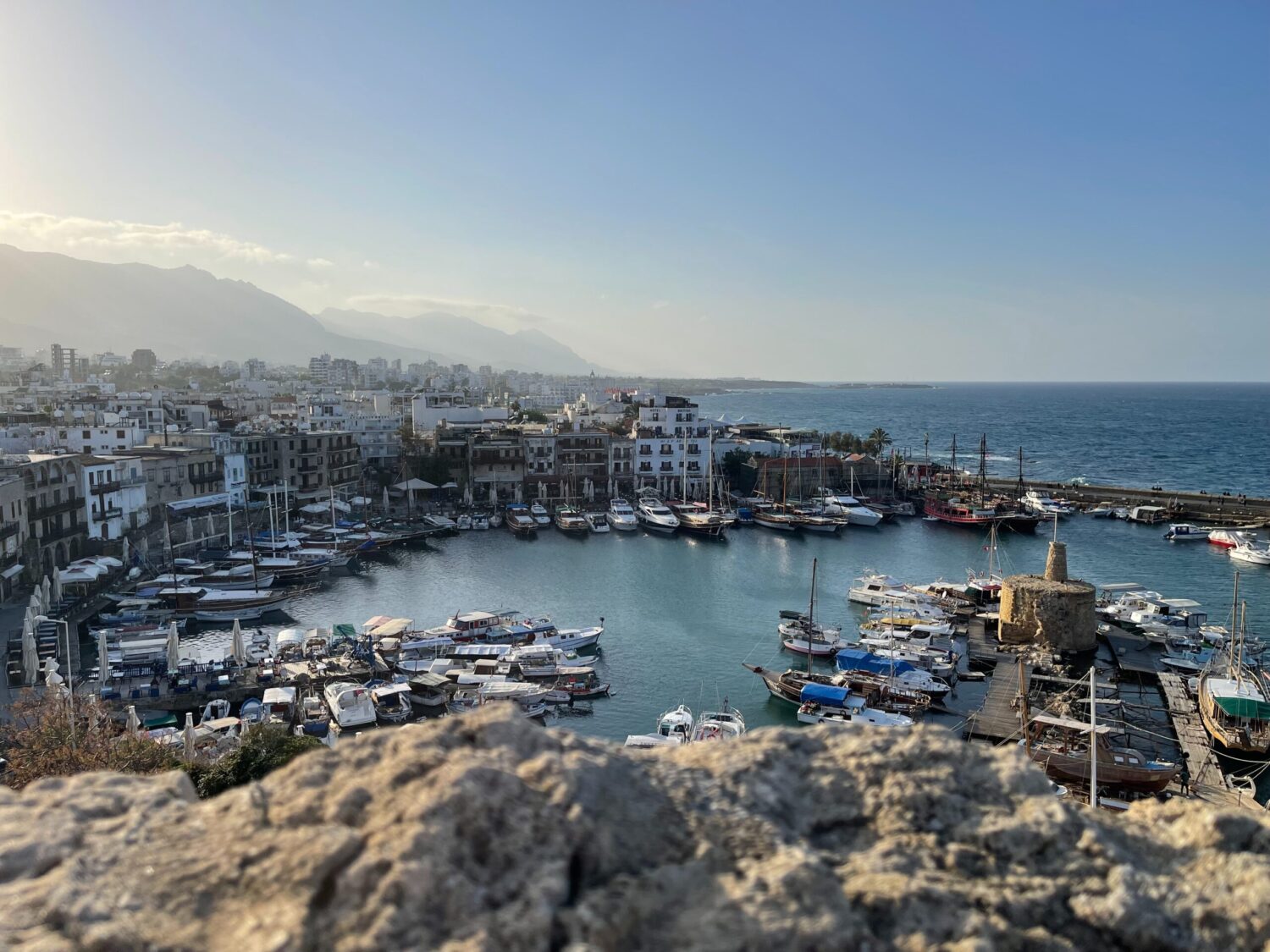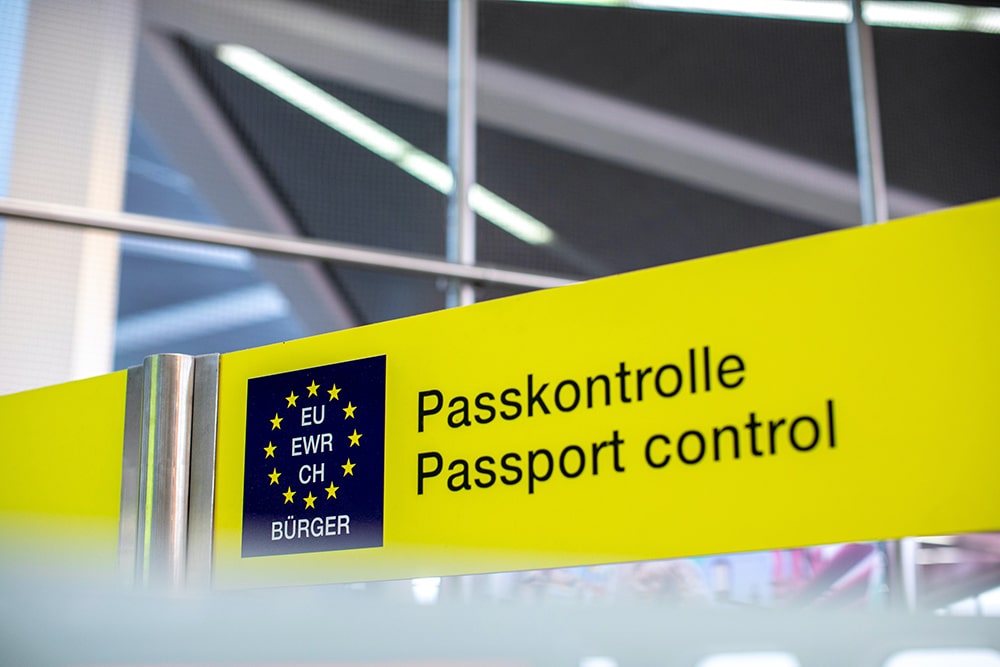“We are at a potentially important juncture, with renewed attention on Syria – particularly from the region – that could assist our efforts in advancing a political solution to this conflict”, he said.
“But for this renewed attention to help unlock progress, many actors will need to take concrete steps – not just one set of actors.”
Diplomatic engagement continues
Mr. Pedersen said since the February earthquakes, diplomacy has continued involving the Syrian Government and the “Astana players”- a reference to the December 2019 meeting between Russia, Türkiye and Iran in the Kazakh capital – as well as “new openings of engagement” between Syria and Arab countries.
The envoy also continues his engagement towards facilitating a Syrian-led, Syrian-owned political process. He stressed that “the UN cannot do this alone” and needs the support of all key players.
“No existing groups of players – not the Syrian parties, not the Astana players, not the Western players, not the Arab players – can alone bring about a political solution,” he said.
“Unlocking each of Syria’s myriad problems requires several keys – each held by a different stakeholder, who cannot be overlooked, and who can block if excluded.”
Seize the opportunity
Progress will require getting a wider group of players to work together, he said, who will all have to make contributions, in a coordinated, multilateral effort.
“I will continue to engage directly with the Syrian parties and to remind them, and in particular at this juncture the Government of Syria, that they should seize the opportunity with a readiness to move forward on substantive issues,” he said.
Mr. Pedersen also underlined his readiness to facilitate inter-Syrian dialogue, including reconvening the Constitutional Committee in Geneva, which has not met in nearly a year.
In the interim, he continues to convene a broad spectrum of Syrians in Geneva and the region, including women’s and civil society representatives. “These meetings show that Syrians still have much that they can agree upon, across many divides,” he said.
Violence on the rise
Mr. Pedersen also expressed concern that the brief calm that followed February’s deadly earthquakes has further eroded. Violent incidents have been increasing in the northwest involving pro-Government forces, armed opposition forces and the terrorist group HTS.
He said relative calm in the northeast has been punctuated by Turkish and armed opposition groups targeting positions of the Syrian Democratic Forces (SDF), a Kurdish-led militia, reportedly in response to SDF shelling and rocket attacks, including on Turkish soldiers.
Israeli strikes are becoming increasingly more frequent, while southwest Syria remains turbulent. Sporadic ISIL attacks also appear to be on the rise in some areas, with increasing Government, Russian and US-led coalition strikes in response.
‘Unprecedented’ needs
The current scale of humanitarian need in Syria is “unprecedented, even in the long and brutal history of the Syria crisis”, said Lisa Doughten, Resource Mobilization Director for UN humanitarian coordination office, OCHA, speaking on behalf of relief chief Martin Griffiths.
Referring to the devastating earthquakes that struck Türkiye and Syria almost three months ago, she said the UN was continuing to support recovery in the battered northwest of Syria.
More than three million have received hot meals and rations, while 1.1 million have received some form of healthcare.
A child sleeps on relief items at a reception centre in Jandairis town in northern Syria.
Rubble removal
Over 470,000 cubic metres of rubble have been removed, but although progress has been made, “so much more needs to be done”, she told ambassadors. She said the devastation underscored the “dire reality” facing millions of Syrians:
“That 12 years of armed conflict, growing macroeconomic pressures, dwindling public services and decaying critical infrastructure, have left the population of Syria acutely vulnerable to shocks and stresses, let alone those as devastating as the recent earthquakes.”
Nearly seven million are internally displaced nationwide, many multiple times, she reminded. Around 80 per cent have been displaced “for at least five years”.
“Durable solutions are needed for this crisis, starting with an end to the conflict.”
She said the three available border crossings in the northwest, on the Turkish border, continued to be an essential aid corridor, with “near daily” interagency convoys reaching millions each month.
She told ambassadors that sustained support from donors, authorities on the ground, Member States “and this Council”, was essential “to keep pace with the humanitarian needs of today, and even more so, those of tomorrow.”














